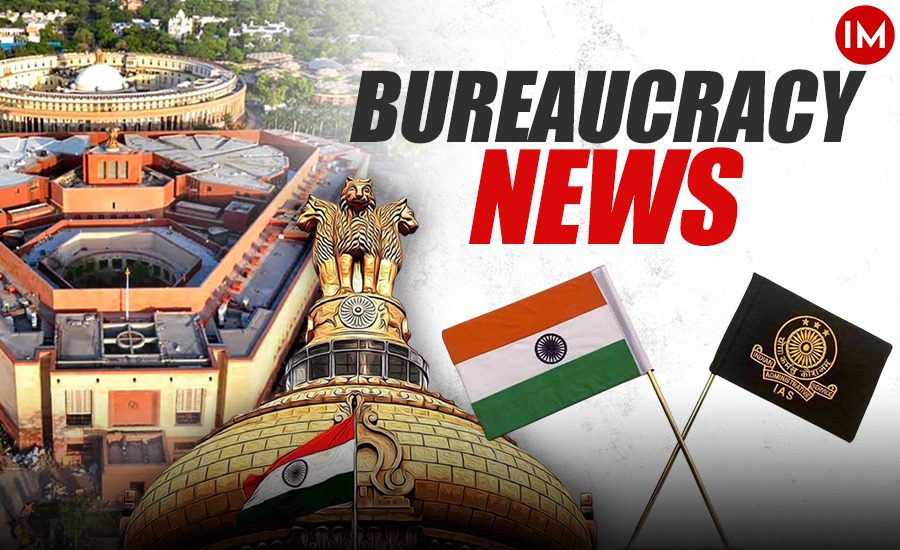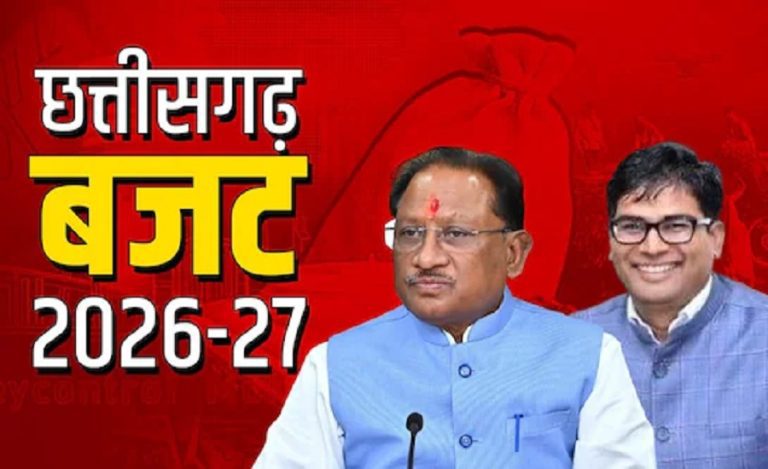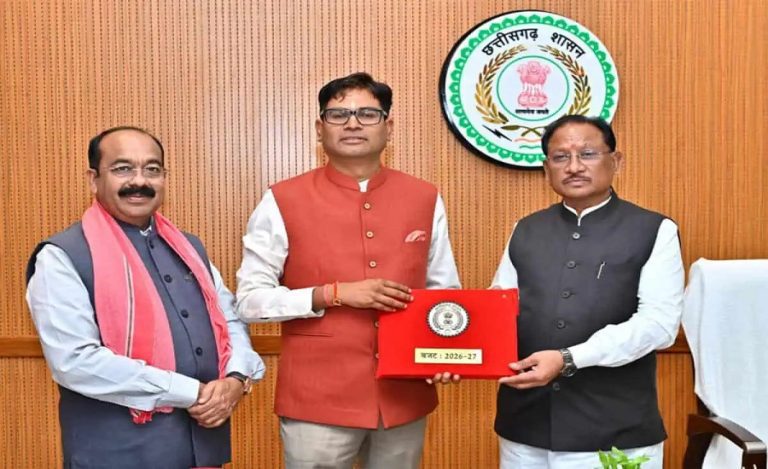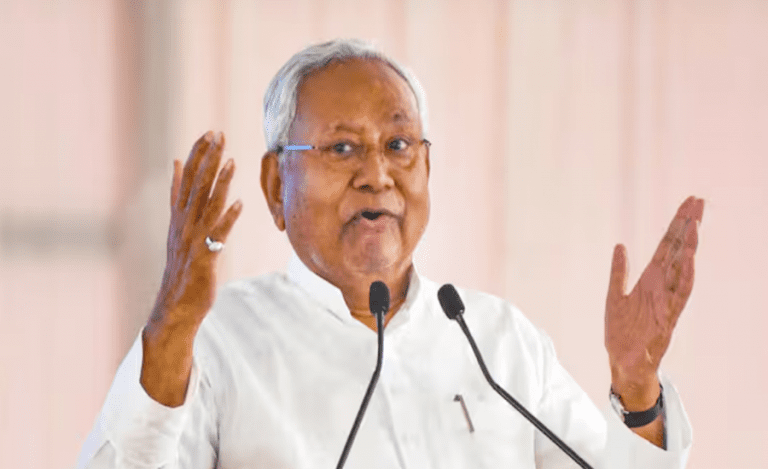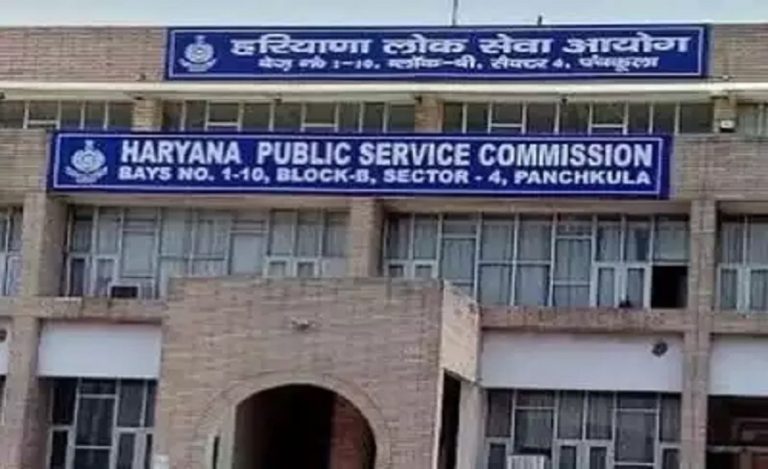In a recent administrative reshuffle involving central services officers, two senior bureaucrats from the Indian Railway Personnel Service (IRPS) and Indian Revenue Service (IRS) have been reassigned to new roles, underlining the dynamic nature of postings in India’s administrative structure.
Mr. Khwairakpa Pratap Singh Repatriated to Parent Cadre
Mr. Khwairakpa Pratap Singh, a 2000-batch IRPS officer currently serving as the Chief Vigilance Officer (CVO) at the North Eastern Electric Power Corporation Limited (NEEPCO), Shillong, has been given premature repatriation to his parent cadre on personal grounds.
As CVO of NEEPCO, Mr. Singh was instrumental in overseeing transparency and integrity in procurement and operations of the public sector utility, which plays a vital role in power generation and infrastructure development in the North-East region. His return to the parent cadre is considered a personal decision and comes ahead of the completion of his deputation tenure.
Mr. Saurabh Kumar Joins GST Council Secretariat
In a significant move aimed at strengthening policy coordination in India’s indirect taxation system, Mr. Saurabh Kumar, a 2005-batch officer of the Indian Revenue Service (Customs & Indirect Taxes), has been appointed as Director in the GST Council Secretariat.
He joins on a deputation basis for a period of five years, bringing with him extensive experience in taxation, policy implementation, and inter-agency coordination. His appointment is expected to boost operational synergy within the Secretariat, which serves as the backbone for facilitating cooperation between the Centre and states on Goods and Services Tax (GST) policy matters.
Reinforcing Governance and Continuity
These transfers are part of a larger administrative strategy to align officer expertise with evolving institutional needs. The repatriation of Mr. Singh and deputation of Mr. Kumar reflect the government’s continued focus on placing experienced officers in roles that influence key sectors like public utility governance and tax policy formulation.
Both changes are seen as steps toward reinforcing robust administrative oversight and dynamic governance frameworks at both the state and central levels.

